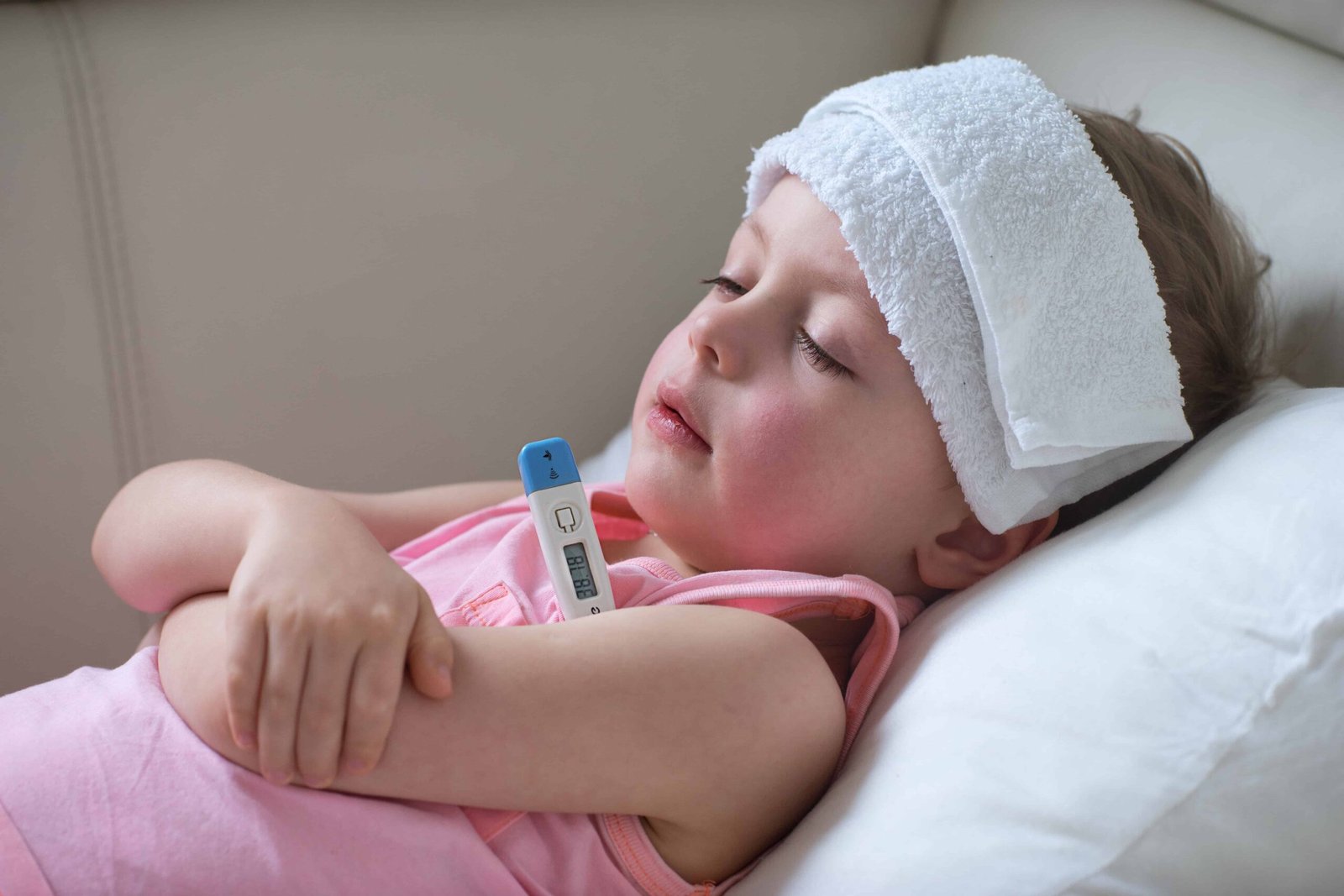What is Dengue?
Dengue is a mosquito-borne viral infection causing a flu-like illness that can develop into a potentially lethal complication known as severe dengue. The dengue virus is transmitted by female mosquitoes primarily of the species Aedes aegypti and, to a lesser extent, Ae. albopictus. These mosquitoes thrive in and near human lodgings, breeding in even the smallest amounts of stagnant water. Four different viruses can cause dengue fever, all of which are widespread in tropical and subtropical regions of the world. The onset of dengue often sees high fever, headache, vomiting, muscle and joint pains, and a distinctive skin rash. Recovery generally takes two to seven days. Although dengue can be alarming due to its symptoms, it is rarely fatal. However, severe dengue, previously known as dengue hemorrhagic fever, can be dangerous and requires medical care and hospitalization.Discover effective Ayurvedic Treatment for Dengue fever. Learn how natural remedies like papaya leaf juice, Giloy, and Tulsi can aid in recovery and boost immunity. Explore our comprehensive guide to harnessing the power of Ayurveda in combating dengue.
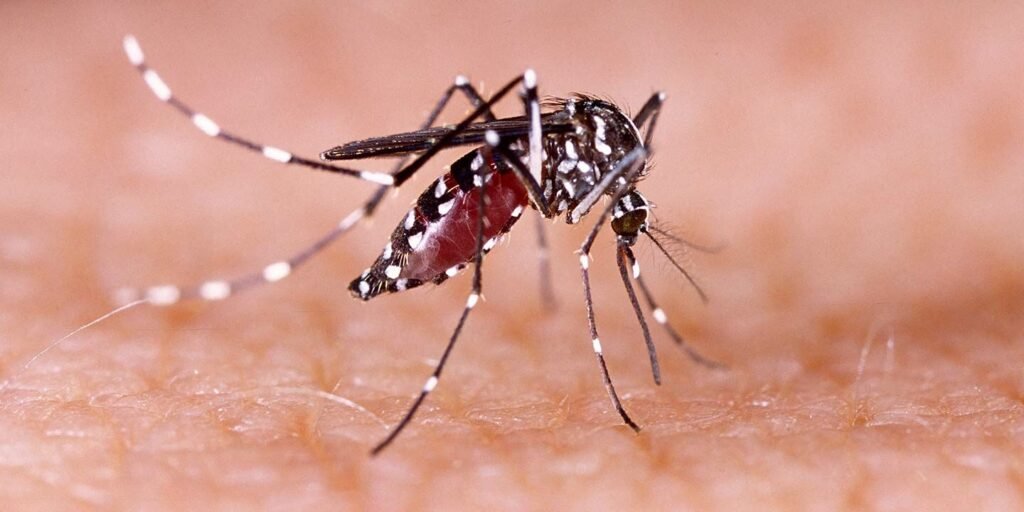
Symptoms of Dengue

- Sudden High Fever: Often reaching up to 104°F (40°C), typically the first symptom of dengue.
- Severe Headache: Especially around the forehead.
- Pain Behind the Eyes: Intensified by eye movement.
- Joint and Muscle Pain: Sometimes severe enough to be considered “breakbone fever.”
- Fatigue: General feeling of tiredness and weakness.
- Nausea and Vomiting: Common gastrointestinal symptoms.
- Skin Rash: Resembling measles, usually appears three to four days after the onset of fever.
- Mild Bleeding: Such as nosebleeds, bleeding gums, or easy bruising.
Preventing Dengue
Preventing dengue focuses largely on reducing mosquito habitats and minimizing individual exposure to bites. Aedes mosquitoes, the primary vectors of the dengue virus, breed in stagnant water. Therefore, eliminating sources of stagnant water in and around homes is crucial. This includes regularly changing water in vases, properly covering water storage containers, and ensuring that drains and gutters are free from blockages that could collect water. Personal protection plays a significant role in prevention. Using mosquito repellents containing DEET, Picaridin, or oil of lemon eucalyptus on exposed skin can significantly reduce the risk of mosquito bites. Wearing long-sleeved shirts and long pants, especially during the day when Aedes mosquitoes are most active, provides additional protection. Installing screens on windows and doors and using mosquito nets while sleeping, particularly in areas where dengue is prevalent, can also help prevent bites.
Treatment of Dengue in Ayurveda
1. Papaya Leaf Juice:
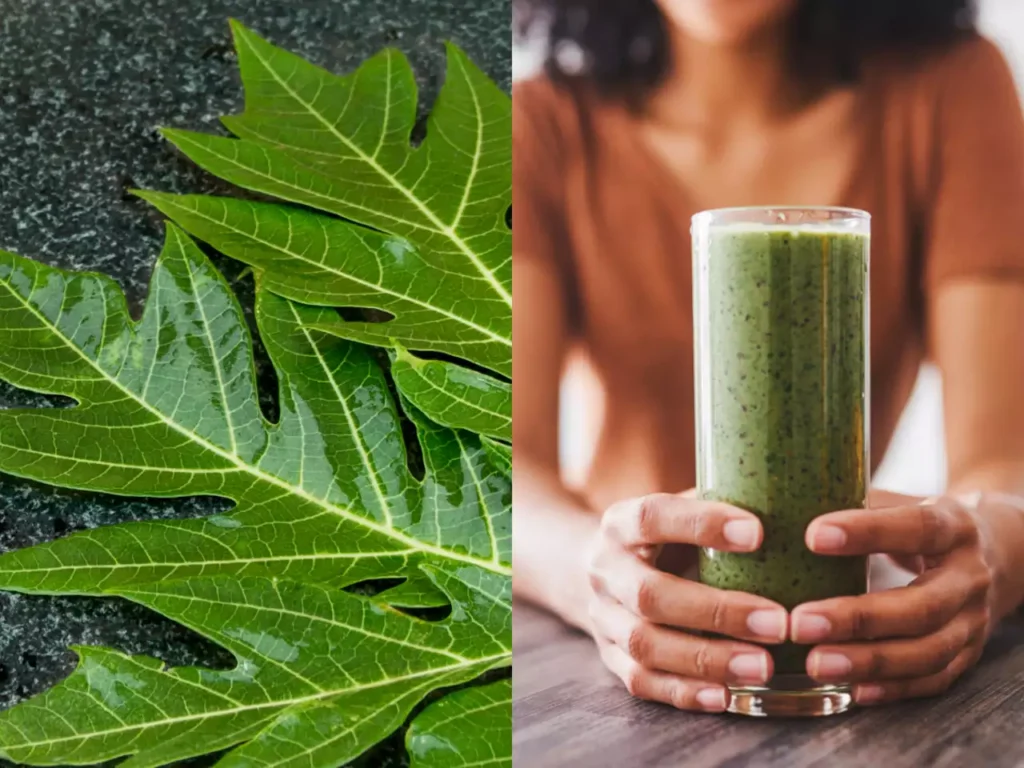
Papaya leaf juice is a widely used traditional remedy in various parts of the world for treating dengue fever. It is believed that the juice extracted from the leaves of the papaya plant can significantly increase the platelet count in the blood, which often drops in patients suffering from dengue. The method of preparation is quite simple: the leaves are crushed to extract the juice, which is then strained to remove any solid particles. It’s recommended to consume this juice in small doses, as it is quite potent.
2. Giloy (Tinospora Cordifolia):
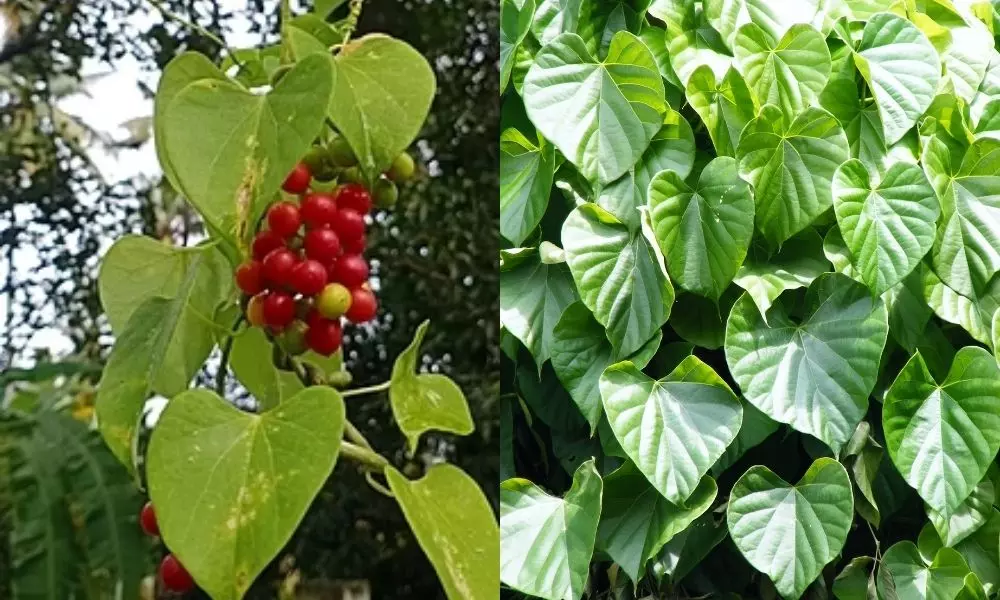
Giloy, also known as Tinospora Cordifolia, is a herb in Ayurveda for its numerous medicinal properties. It is especially noted for its ability to boost the immune system and reduce fever, making it a suitable adjunct in the treatment of dengue fever. Giloy can be consumed in various forms, including juice extracted from its stem or leaves. Another popular method is to boil its stems or leaves in water to prepare a herbal tea. This concoction is believed to enhance the body’s resistance to infections and hasten recovery.
3. Tulsi (Holy Basil):
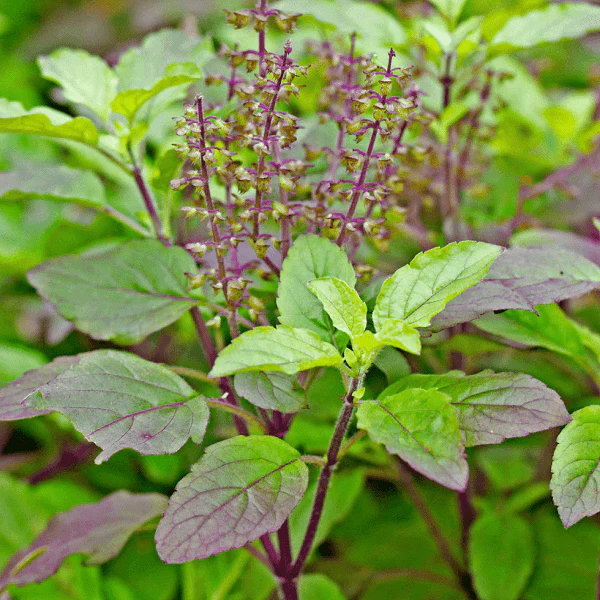
Tulsi, or Holy Basil, is revered in Ayurveda for its healing properties. Known for its antipyretic (fever-reducing) and immunity-enhancing properties, tulsi is considered beneficial in the management of dengue fever symptoms. The leaves of the tulsi plant can be chewed directly or used to prepare a therapeutic tea. Regular consumption of tulsi leaves or tea can help in lowering the fever and strengthening the immune response. Tulsi also possesses anti-stress properties, which can be particularly helpful in alleviating the discomfort caused by dengue.
4. Fenugreek Leaves:

Fenugreek leaves, known for their medicinal properties, are also used in the treatment of dengue fever. Fenugreek seeds can be soaked in water overnight and consumed the next day, or the leaves can be used to prepare an infusion. This fenugreek water is believed to reduce fever and ease the pain associated with dengue. The leaves contain compounds that have antipyretic and soothing effects, helping to bring down high body temperature and alleviate body aches.
5. Turmeric:
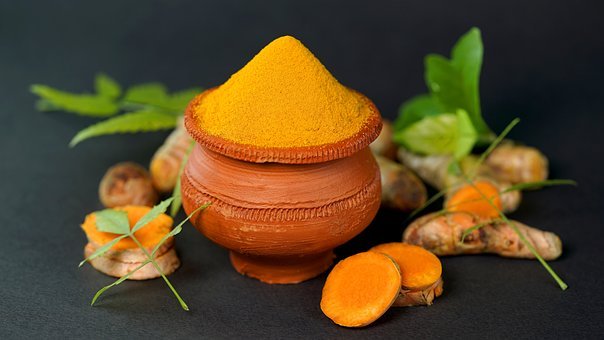
Turmeric, a common spice in Indian cuisine, is known for its potent anti-inflammatory and antioxidant properties. In the context of dengue fever, turmeric can be particularly beneficial due to its ability to boost the immune system and combat viral infections. Adding turmeric to milk or warm water creates a comforting drink that can help in the recovery process. The active compound in turmeric, curcumin, is responsible for its health benefits.
6. Amla (Indian Gooseberry):
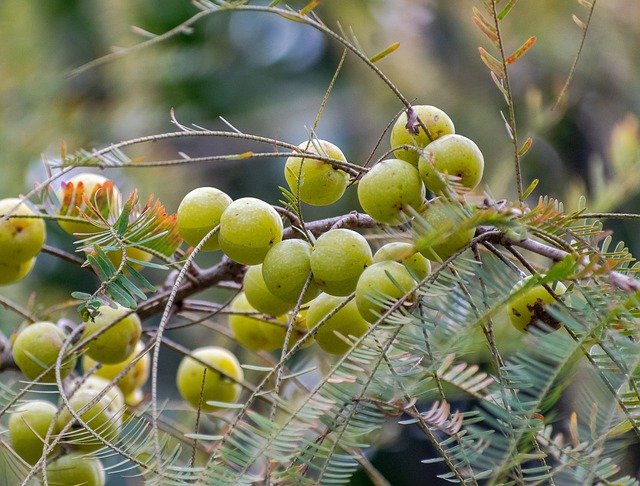
Amla, or Indian Gooseberry, is a rich source of Vitamin C, which is crucial for immune system function. In the treatment of dengue, amla can play a supportive role by enhancing the body’s immune response. It can be consumed in various forms, such as fresh juice, powdered, or as a part of a daily diet. The high vitamin C content in amla helps in increasing the body’s resistance against infections and aids in the recovery process of dengue.
7. Hydration with Herbal Teas:
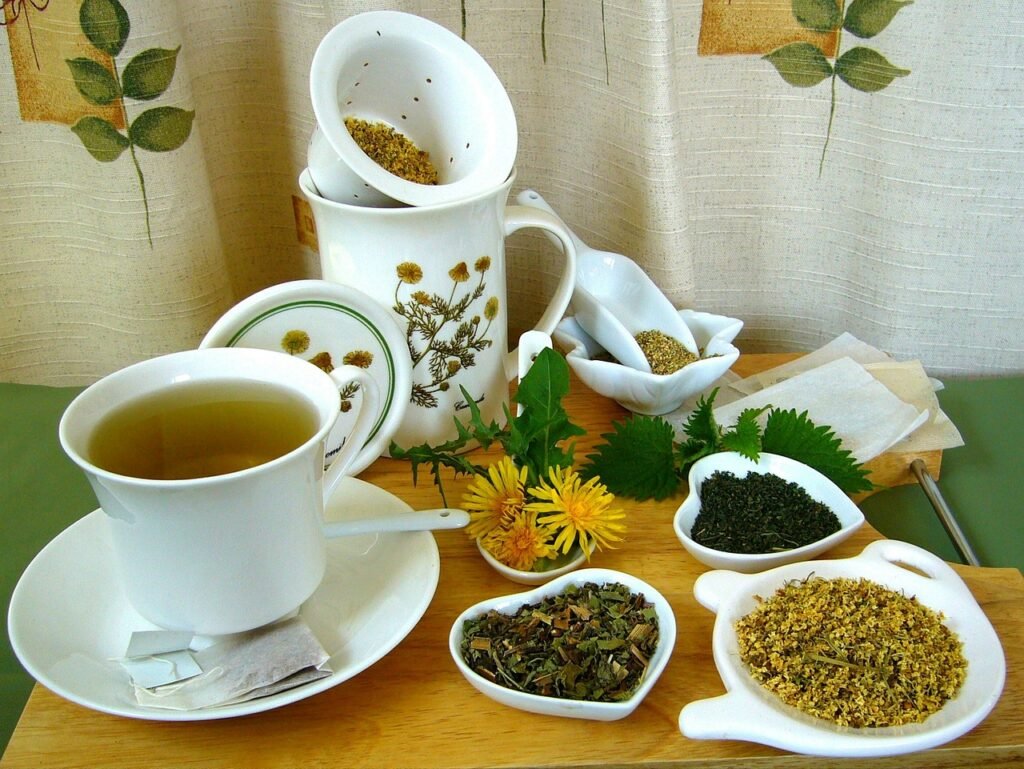
Hydration is critical in the treatment of dengue fever, as the body loses fluids through high fever and sweating. Herbal teas, made from herbs like coriander, fenugreek, or ginger, can be particularly beneficial in this regard. These teas not only provide hydration but also bring therapeutic properties that can help alleviate dengue symptoms. For instance, ginger tea can help reduce nausea, while coriander tea can have a cooling effect on the body.
If you have any queries related to medical health, consult Subhash Goyal or his team members on this given no +91 99150 72372, +91 99150 99575, +918283060000
